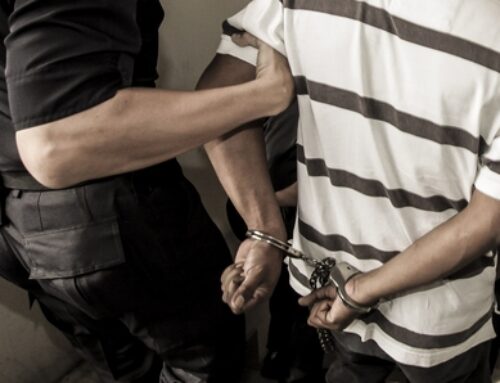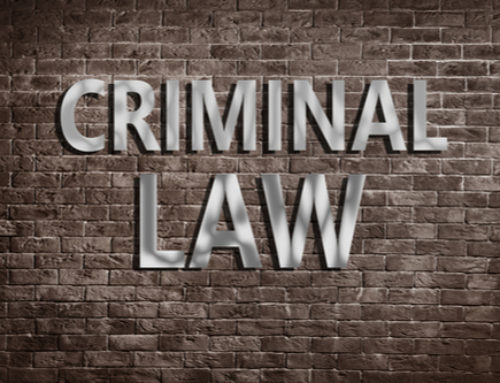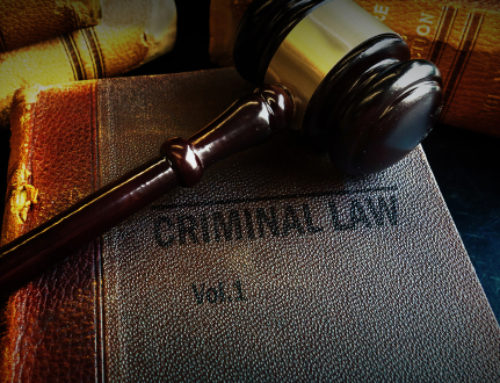If you have been arrested in Arizona, you need to understand what is at stake in your case. It is also important to understand what options you have available. For example, in many cases, it will be possible to obtain a sentence of probation instead of jail or prison time (if you cannot avoid a conviction entirely); and, if you are sentenced to prison, you may be able to apply for an early release on parole.
While probation and parole are similar in certain respects (and many people use these terms interchangeably), there are also many ways in which they are very different. Keep reading to learn about the differences between probation and parole, and to find out what you need to know if you are arrested for a probation or parole violation.
Probation vs. Parole “Community Supervision”
What is Probation?
Probation is a criminal sentence often given to first-time non-violent offenders. An individual is placed on probation instead of serving their sentence in jail or state prison, and they will remain out of custody as long as they abide by the conditions of their probation. Common examples of conditions of probation in Arizona include:
- Conducting yourself as a law-abiding citizen
- Maintaining contact with your probation officer on a daily, weekly, or variable basis
- Going to work, searching for work, or attending school
- Participating in an alcohol or narcotic abuse treatment program
- Taking classes on a subject such as anger management, domestic violence, or safe driving
If you are sentenced to probation during your criminal case, the duration and conditions of your probation will be delineated at sentencing. If you complete your probation without incident, you will be released from court supervision and you will not have to serve any time behind bars.
What is Parole “Community Supervision”?
Parole is an alternative to serving your full jail or prison sentence in Arizona. After you have served the minimum required or authorized amount of time, the parole board will decide whether you are ready to be released from incarceration. Factors the parole board will consider in determining whether to release you include:
- The nature and seriousness of the crime you committed
- The views of the victim(s)
- Any progress you have made toward rehabilitation in prison
- The current level of overpopulation in the prison
- Whether you have a place to stay in the community
If you are granted parole, you will have to abide by all of the conditions of your release; if you fail to do so, you will risk serving the remainder of your jail or prison sentence. If you complete your parole, then your criminal sentence will be discharged and you will be released on your own.
What Happens if You Violate the Terms of Your Probation?
If you violate the terms of your probation, your probation officer will file a petition for a bench warrant, which a judge will sign, and then local law enforcement will arrest you under the warrant.
If You Committed a Probation Violation…
If you are arrested for an alleged probation violation, you will typically be held in custody for 21 days with minimal prospects for release during that time. However, during this time, your attorney can negotiate with your probation officer to minimize the risk of new charges being filed against you. The primary objective of these negotiations is to limit the jail time you serve to just 21 days after executing the bench warrant.
In many circumstances, probation violation cases that involve one or more missed appointments with the probation officer, failure to take a drug test, or missing mandatory classes can be resolved without further consequences. However, your criminal history and your probation record are relevant factors, and you will need to hire experienced criminal defense counsel to mitigate your risk of being sent to jail or prison to serve the remainder of your sentence.
If You Committed Another Crime…
If you are arrested for committing another crime while on probation, your situation and the potential consequences of your arrest are far more serious. If you are convicted of the new charge, you could be required to serve the remainder of your original sentence of incarceration plus any additional jail or prison time resulting from your new conviction. This additional time will be served immediately after your original sentence is completed. Common charges that can lead to this type of result include:
- Drug possession
- Driving under the influence (DUI)
- Weapons offenses
- Domestic violence offenses
However, this list is not exclusive; and, if you have been arrested for any reason while on probation in Arizona, it is strongly in your best interests to discuss your situation with an experienced criminal defense and DUI Lawyer.
What Happens if You Violate the Terms of Your Parole?
Similar to probation, if you violate the terms of your parole, your parole can be revoked and you can be sent back to jail or prison to serve the remainder of your sentence. Also similar to probation, revocation of parole requires written notice, an opportunity to call any witnesses, an impartial party to make decisions, and a written decision stating the justification for the revocation. While no outcome is guaranteed, in many cases it will be possible to successfully challenge the revocation of your parole; and, once again, the best way to preserve your freedom is to speak with a criminal defense attorney promptly.
Contact Criminal Lawyer in Tempe, AZ for a Free and Confidential Consultation
If you have been arrested for an alleged probation or parole violation in Arizona, you need a qualified and experienced criminal defense attorney like Mark Weingart of The Weingart Firm to defend your freedom. To schedule a free and confidential consultation as soon as possible, call 480-405-7922 or request an appointment online now. With offices in Tempe, we represent clients in Phoenix and throughout Arizona. We are available 24/7.






